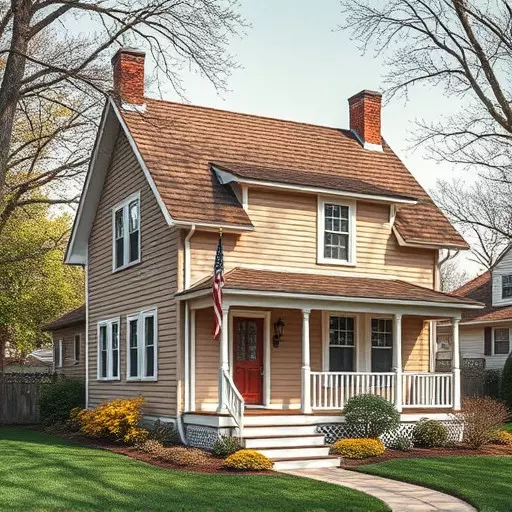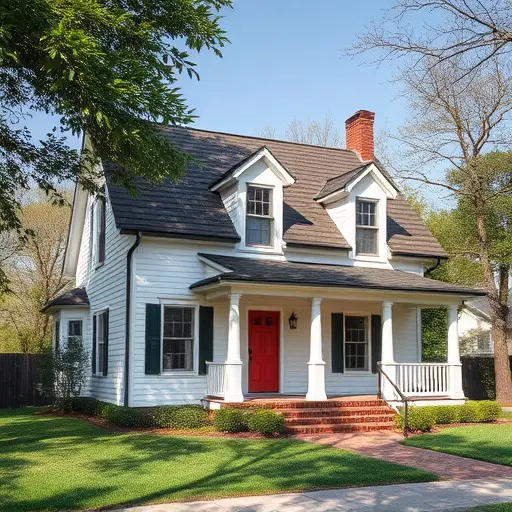House sitting is a mutually beneficial arrangement for homeowners and travelers. Owners can avoid leaving their homes empty while saving on accommodation costs, and travelers gain free lodging, a change of scenery, and community engagement. Digital platforms connect homeowners with trusted individuals or families to occupy and care for properties, offering peace of mind and an attractive alternative to professional property management services.
House sitting has emerged as an attractive option for snowbirds and travelers looking to stay connected to their homes while exploring new places. This practice involves caring for a property in the owner’s absence, offering significant benefits such as security, maintenance, and cost savings. For homeowners, it provides peace of mind, ensuring their home remains well-maintained during vacations. This article delves into the world of house sitting, guiding you through its definition, advantages, and how to get started, while highlighting essential skills and resources for would-be house sitters.
Understanding House Sitting for Snowbirds and Travelers

House sitting is a popular option for both snowbirds (seasonal travelers who escape to warmer climates during winter) and travelers looking to keep their homes maintained while they’re away. It involves entrusting your home to a trusted individual or family, who agrees to reside in your property and take care of tasks like feeding pets, collecting mail, watering plants, and securing the premises. This solution offers a sense of security for homeowners, ensuring their home remains safe, secure, and well-cared for during their absence.
For snowbirds, house sitting is an attractive alternative to leaving their homes empty or hiring professional property managers. It provides peace of mind, knowing someone is present and can address any issues that may arise. Travelers, too, benefit from this arrangement by gaining a local experience, fostering connections, and saving money on accommodation while exploring new places.
– Definition and benefits of house sitting

House sitting is a mutually beneficial arrangement where homeowners leave their homes vacant for an extended period, typically while they travel or migrate, and entrust a trusted individual or family to occupy and care for their property. These trusted individuals, known as house sitters, live in the home, ensuring its security and maintaining its condition during the owners’ absence.
This practice offers numerous advantages for both homeowners and house sitters. For travelers and snowbirds, it provides peace of mind, knowing that their home is safe and well-maintained. House sitters gain access to free accommodation, a change of scenery, and often a sense of community within the neighborhood. It’s a win-win situation where individuals can enjoy a temporary home while contributing to the well-being of someone else’s property. The concept of house sitting has gained popularity in today’s digital age, thanks to dedicated platforms that connect homeowners with responsible individuals seeking this unique living opportunity.
House sitting is a rewarding way to care for homes while owners are away, offering both peace of mind for travelers and unique opportunities for those looking to immerse themselves in new communities. By embracing house sitting, whether as a snowbird or a traveler, you contribute to fostering connections between people and places, creating a vibrant tapestry of shared experiences during your time away from home.


